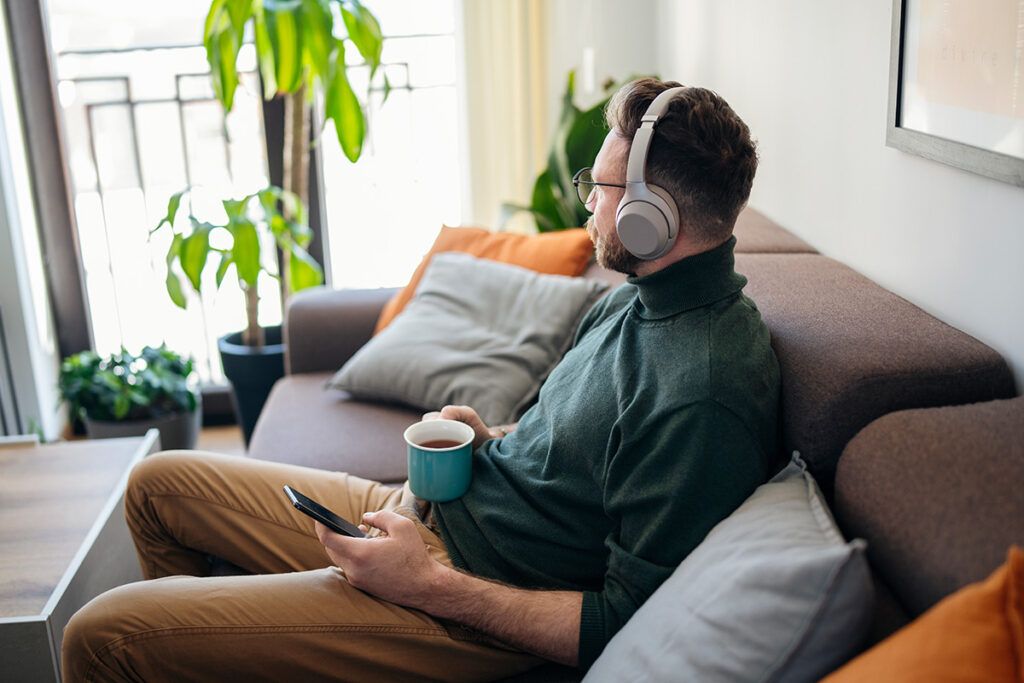A hypertensive crisis is when your blood pressure rises to an unusually high level.
Not every hypertensive crisis needs immediate medical treatment and hospitalization. If your systolic blood pressure is 180 milligrams of mercury (mm Hg) or higher and/or your diastolic blood pressure is equal to or higher than 120 mm Hg (180/120 mm Hg), you may be experiencing a hypertensive crisis.
If you do not have any additional symptoms, doctors may adjust your blood pressure medication dosage to manage your blood pressure.
But if you experience additional symptoms such as chest or back pain, it is important to get medical help immediately. There are several ways to lower your blood pressure while you are waiting for another blood pressure reading or medical support. Examples include:
Breathing exercises

Breathing exercises can lower blood pressure and help you relax when you feel stressed or overwhelmed. A 2023 review found that slow and deep breathing can help manage high blood pressure (hypertension).
One example is box breathing. The method involves the following:
- Breathe in for 4 seconds.
- Hold your breath for another 4 seconds.
- Exhale for 4 seconds.
- Wait for 4 seconds.
- Repeat the steps above.
When practicing this method, it may help to focus on a square object in your surroundings or imagine a square. You can use this as a guide and follow along each side for 4 seconds.
Relaxation audio
Listening to relaxation audio can help reduce stress and improve hypertension. A 2020 trial found that listening to relaxing music helped people reduce their heart rate and blood pressure.
Relaxation audio can include relaxation music or guided meditations that you can listen to while you do breathing exercises.
Warm bath
A warm bath can help reduce stress by calming your nerves and relaxing your muscles. This may help lower your blood pressure.
But you should not take a bath if you are alone during a hypertensive crisis, as you may lose consciousness, which could put you at risk of drowning.
Keep yourself warm
The cold can narrow your blood vessels and make your blood pressure rise. Keeping your body warm and avoiding exposure to any unnecessary temperature changes can help prevent or reduce the effect of cold on your body. This can help blood vessels relax and lower your blood pressure.
But keeping your body too warm can have the opposite effect on your blood pressure. If you are waiting for medical support to arrive, it may be best not to change your temperature and wait for guidance from a healthcare professional.
Stay hydrated
Dehydration may cause hypertension. If you think you may be dehydrated, drinking water can help dilute your blood and reduce your blood pressure.
Blood pressure medication
In some cases, forgetting or skipping one or more prescribed doses of hypertension medications may cause a rise in your blood pressure. If you forgot to take your medication, resuming your medical treatment plan typically helps reduce blood pressure and may sort your condition without further treatment.
If you have any concerns about how to resume your regimen or if you are not sure whether you have missed a dose, speak with a doctor who can advise the best thing for you to do.
Examples of medications for hypertension include:
- diuretics, such as torsemide (Soaanz) and hydrochlorothiazide (Esidrix)
- alpha-blockers, such as prazosin (Minipress) and terazosin (Hytrin)
- beta-blockers, such as atenolol (Tenormin) and bisoprolol (Cardicor)
If you need help covering the cost of medications, the free Optum Perks Discount Card could help you save up to 80% on prescription drugs. Follow the links on drug names for savings on that medication, or search for a specific drug here.
